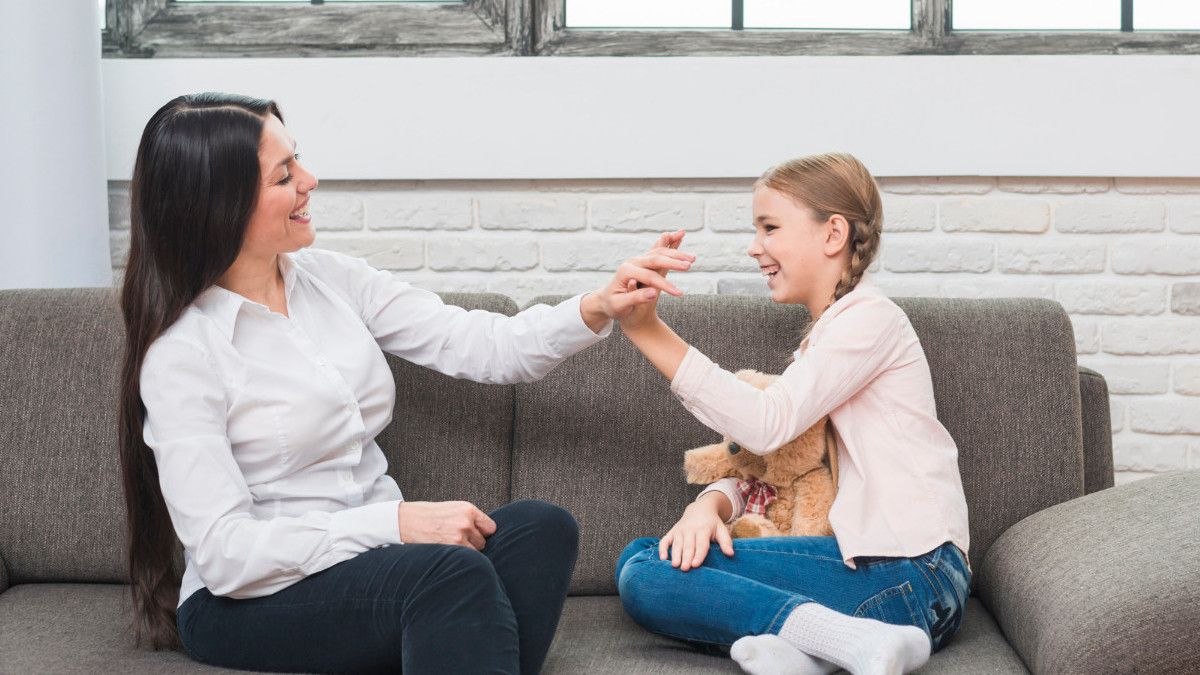YOGYAKARTA About making mistakes, violating the rules, and recognizing boundaries, it is necessary to teach parents to their children. It is natural that children do wrong, but the obligations of their parents to introduce and build good behavior. To teach this, parents are often wrong. Apparently, giving punishment is not an effective way to prevent unwanted behavior.
Adults respond calmly, helping, and consistently by focusing on teaching their children to do better, they learn to make better choices in the future, said Caroline Fulton, PsyD, child and adolescent psychologist at Northwestern Medicine Central DuPage Hospital in Winfield, Illinois. However, not all adult interventions are created the same, and some interventions may be more detrimental than benefit.
Parents who intervene with punishment usually trigger more negative behavior. It can also damage children's self-esteem and parent-child relationships. However, by providing consequences, it can turn discipline into an opportunity to learn and help children understand the mistakes they make.
Consequences and punishments have the same goal, namely forming and managing children's behavior. However, both have major differences in their impact on children, said Fulton as reported by VerywellFamily, Sunday, February 11. Punishment aims to make children suffer or feel ashamed for their mistakes. Punishment is meant to make children feel uncomfortable. While the consequences may cause discomfort, the goal is for children to connect their behavior with the outcome of their actions in order to get the motivation needed to make different choices at other times.
The difference between consequences and the second punishment, punishment is not always related to children's behavior. The punishment given may include shouting, criticizing, threatening, threatening, seizing privileges, or physically hurting, such as slaps. The physical pain is intended as a reminder to children not to do these behaviors again. However, research shows that on the contrary, the child may only feel afraid, angry, or upset because he was beaten.
SEE ALSO:
"The punishment often causes children to feel bad about themselves" compared to what they did, "said Aliza Pressman, PhD, psychologist at Children's Hospital Mount Sinai Kravis in New York City and assistant clinical professor at the pediatric department, Faculty of Medicine Icahn, Mount Sinai.
Punishment can also be counterproductive because it causes children to focus on their anger at parents, rather than thinking about what they can do better at other times, explains Dr. Pressman. As a consequence, it is an effective strategy when linking children's actions to final results, allowing them to really learn from their behavioral choices, says Dr. Fulton.
Instead of intending to make children suffer for a mistake, it is better to focus on consequences by teaching children how to do better in the future. Children are not ashamed or humiliated by their mistakes. Instead, they experience reasonable consequences or are expected from their behavior. So how to discipline children effectively uses consequences rather than giving punishments that make them learn not, feel ashamed, and even feel inferior.
The English, Chinese, Japanese, Arabic, and French versions are automatically generated by the AI. So there may still be inaccuracies in translating, please always see Indonesian as our main language. (system supported by DigitalSiber.id)















